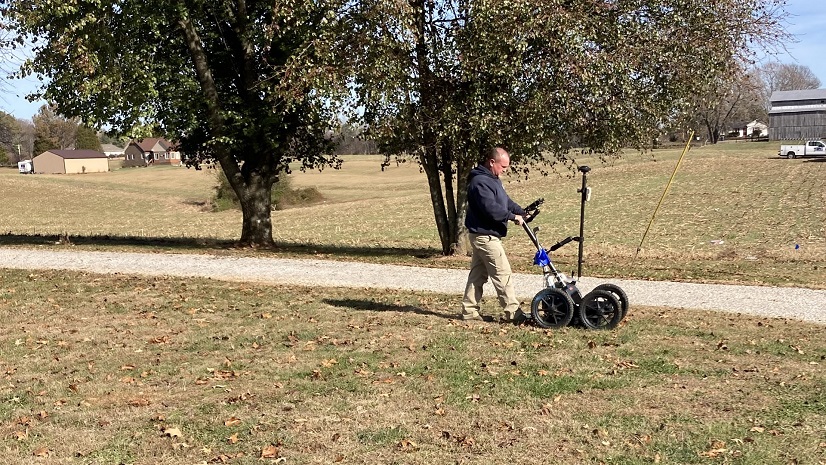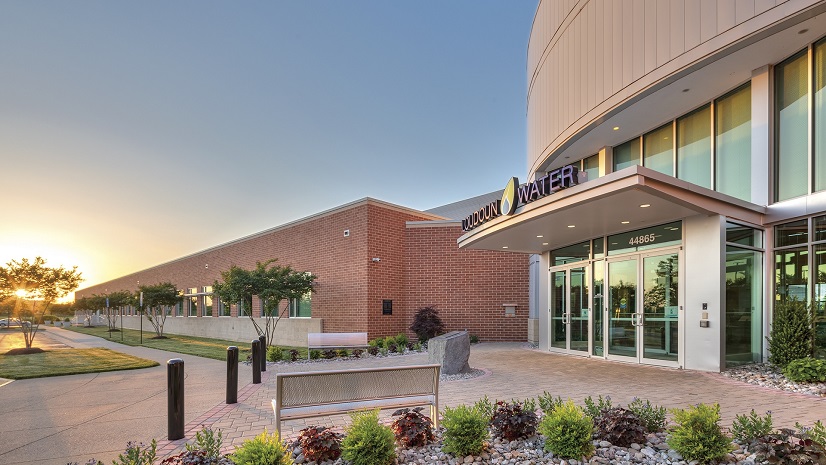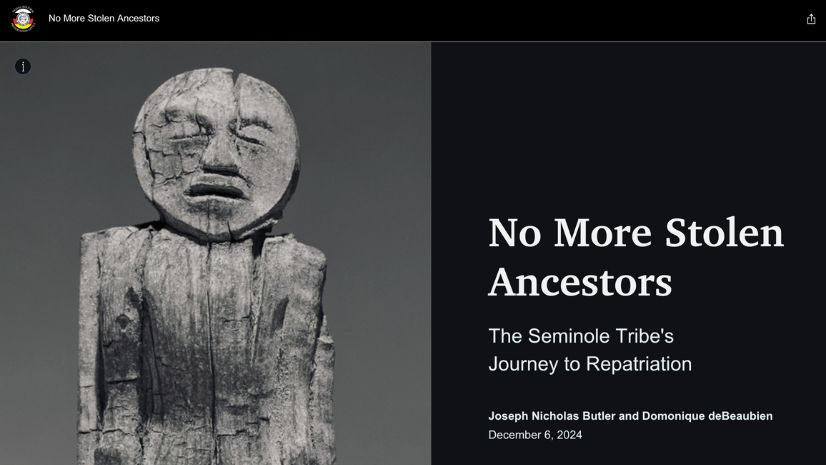Ryan Rodriguez loves playing sports. He enjoys the comradery associated with team sports and is a good leader. He also enjoys fixing things. Understanding how and why something did or didn’t work has always interested him. This combination of leadership and problem-solving set Rodriguez on an unexpected path.
As the geographic information system (GIS) and information technology manager at Lower Valley Water District (LVWD), Rodriguez puts his skills to the test every day. He works with staff members to understand their needs and help determine how technology can help them. There is always a lot to learn, and he approaches each day as if it were his first.
Finding the Right Path
As Rodriguez transitioned from high school to college, he was unsure of where to focus his studies. Like many high school graduates, he started his college education without a declared major. While working through school, Rodriguez had a variety of jobs that indirectly set him on his path. He provided tech support for a small real estate company. He set up security cameras for a bar. He helped a couple of pawn shops by setting up printers, computers, a point-of-sale (POS) system, and a surveillance system. Each job exposed him to technology solutions. Fixing things, automating processes, helping small businesses understand technology, and training them to not need him anymore resulted in a strong feeling of satisfaction. His work made a difference.
Information technology came naturally to Rodriguez. After thriving in his work outside academics, he decided to major in computer information systems. He graduated from the University of Texas at El Paso with a bright future.
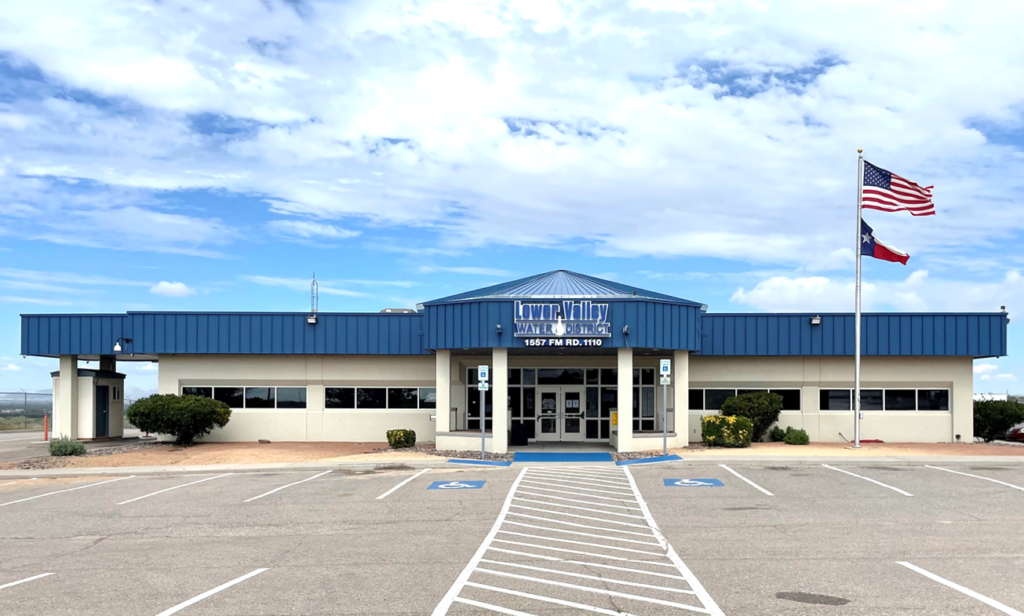
Getting an Opportunity to Grow
Career paths are often bumpy. Rodriguez graduated and started his job search. He applied everywhere. He worked hard for a year at identifying worthwhile job listings, completing applications, and hoping for an interview. It was a tough time that was made more difficult by the loss of his father. Working with a temp agency, Rodriguez was given the opportunity to interview at Lower Valley Water District (LVWD). He was hired immediately and started work as a member of the IT department, supporting the help desk. In this role, Rodriguez provided support in various ways. One project that he worked on was the transition to new mobile phones. This required him to meet with staff members, understand their work, and help set up applications on the phones. Getting to know his colleagues and understand their work was a great way to build trust. As his knowledge grew, so did his responsibilities.
After three months as a temp at LVWD, Rodriguez was made a permanent employee. Supporting the help desk provided a lot of insight into the business systems that staff relied on. LVWD saw potential in the work being done and decided to send Rodriguez to the Esri User Conference. This was his first exposure to GIS. LVWD sent him to the conference to learn as much as he could about GIS and how it is being used by other organizations. Being exposed to GIS and everything that is possible with it really complemented his passion for IT and problem-solving. Attending the conference was eye-opening. When a GIS technician position became available, Rodriguez expressed an interest and was transitioned to this role.
GIS and IT is a match made in heaven.
Meeting Challenges
Working at LVWD was a big change from working at small, privately owned businesses. Each day was a learning opportunity.
One of the first projects Rodriguez worked on as a GIS technician was creating links to as-built drawings within the GIS. Doing this would save engineering staff a lot of time because it would eliminate the need to search through digital documents for the appropriate drawings. Rodriguez worked with Esri staff to learn how to make this happen. Having a map that visualized the complete network (sewer, water, and subdivisions) with links that opened engineering drawings and related documents for each project was a huge benefit. Employees in the field were able to use mobile apps to access engineering drawings on their devices. They were very impressed and started asking what else could be improved with GIS. This was a significant change in how GIS was viewed and led to an explosion of GIS-based solutions.
LVWD’s maintenance hole rehabilitation project was another opportunity to overcome challenges. Staff had been struggling to find maintenance holes that had been paved over. This led to the creation of an application that inspectors used to record maintenance hole location and other information, like whether a maintenance hole could be opened. Problematic maintenance holes were identified and, once opened, visualized as green on the map. The new application enabled staff to immediately determine if a maintenance hole was accessible. In addition, the application provided data that was used to generate reports with a click of a button. This provided insight for staff and empowered contractors as well.
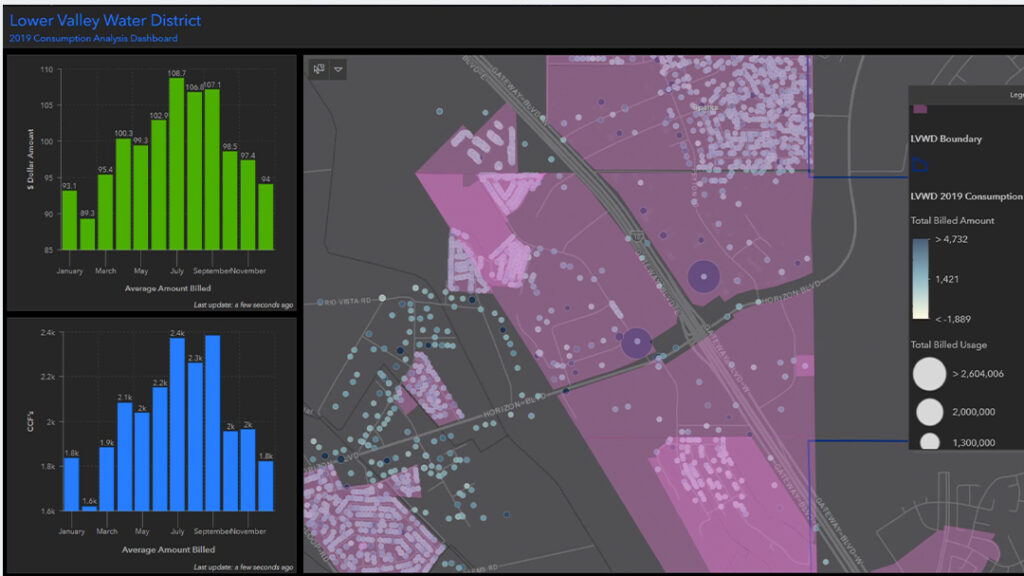
Consumption analysis dashboard for viewing usage and consumption of water meters and customer accounts. 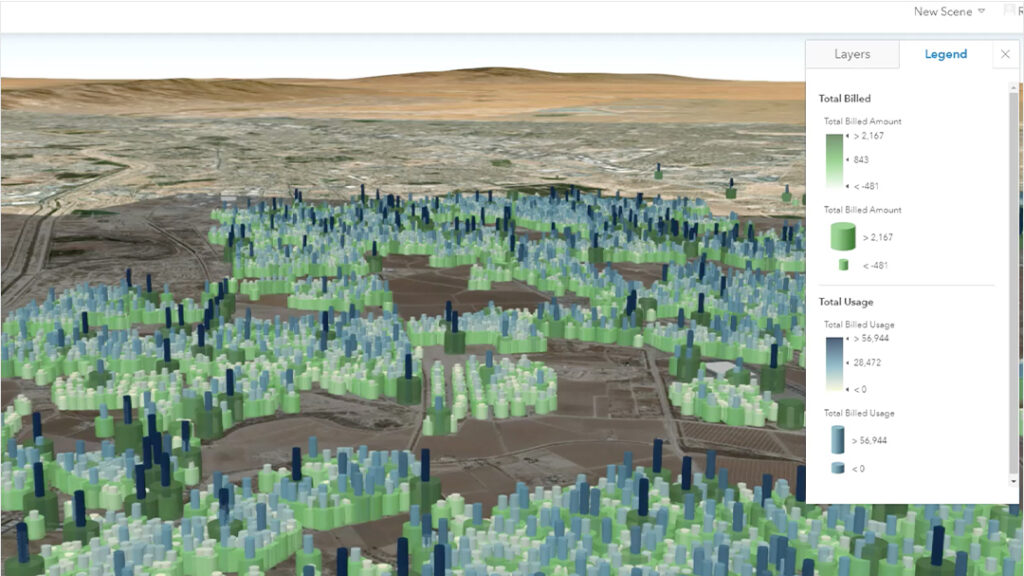
Consumption analysis 3D scene, symbolied with yearly average for viewing water usage (blue) and bill amounts (green) for all customer accounts. 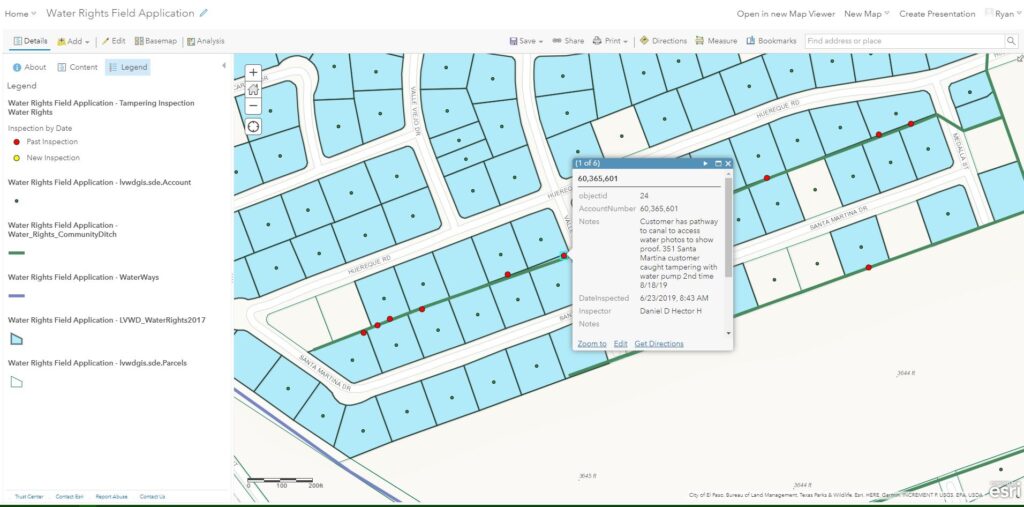
Water rights field application map for viewing tampering inspections, water rights parcels, and surface water canals.

Bringing IT and GIS Together
When LVWD’s IT manager left the district, Rodriguez’s education and the experience gained in his roles supporting IT and GIS made him a good candidate for the opened position. LVWD offered Rodriguez the interim IT manager position and a chance to prove he was the right choice. By approaching each day like it was his first and having a willingness to listen and learn, he was able to grow into the position. After a year he interviewed with HR and officially became the IT manager.
Leading LVWD’s technology strategy is a challenging and rewarding job. It’s also a job that continually pushes Rodriguez to learn, collaborate, and explore options that may not have been considered before.
When the coronavirus 2019 (COVID-19) pandemic spread across the nation, LVWD needed to know how it was impacting staff. The human resources (HR) department contacted Rodriguez to ask what could be done to help monitor employee health. Using ArcGIS Survey123, a form was created and sent to employees every morning. If an employee reported feeling sick or having come into contact with someone who was sick, the human resources manager was notified. The Survey123 application was linked with webhooks to communicate with the HR manager. Using out-of-the-box solutions that were already in use at the district enabled this solution to be implemented quickly and without expensive consulting costs.
Leading IT and GIS at LVWD is a job that is very important to Rodriguez. His primary goal is to understand the work LVWD staff members perform and then identify the best technology to help them. What are employees doing as part of their jobs? What are their workflows? Why do they do specific tasks? Can technology help staff members do their work better? Performing assessments and brainstorming with staff helped identify where LVWD could become more efficient.
In engineering you work with a lot of record drawings. Everything that has been brought into the GIS helps us to analyze data quicker and understand what’s going on in the system. Access to information from the field has changed how we work; staff no longer need to return to the office to search through files. Ryan works closely with our team to provide what we need now and works with us to identify future needs. He is always looking to make improvements.
LVWD has moved forward with many innovations that are helping employees continually improve their work and provide better service to their customers. These innovations include the following:
- An outage map is used to share real-time information with customers.
- Work orders are managed digitally, improving efficiency.
- Mobile applications are used to identify and track water theft and impose fines.
- LVWD projects and their status are shared publicly via web maps.
- Analytics makes it easier to visualize, manage, and plan work.
Information technology and GIS staff members have become important contributors to LVWD and its success. When Rodriguez joined LVWD, only one or two staff members used GIS-based solutions. Now, employees are accustomed to using GIS every day. They use it to collect and edit data, perform maintenance, complete reports, perform analytics, and access metrics.
Ryan has workded to integrate district data and make it available in a digital format. This has greatly increased efficiency by making information available to staff in real time.
Planning Continually for Improvement
Managing IT and GIS doesn’t stop when a project is finished. Rodriguez and LVWD are continually striving to make improvements. They are improving daily workflows and planning for the future. Several projects under way that will help them better serve their community include collecting highly accurate meter location data, setting up a control center with a system-wide spatial view of all data, and modernizing LVWD’s approach to system management.
Keep learning. Treat every day like it’s your first day. Be persistent and take advantage of support systems and resources.

